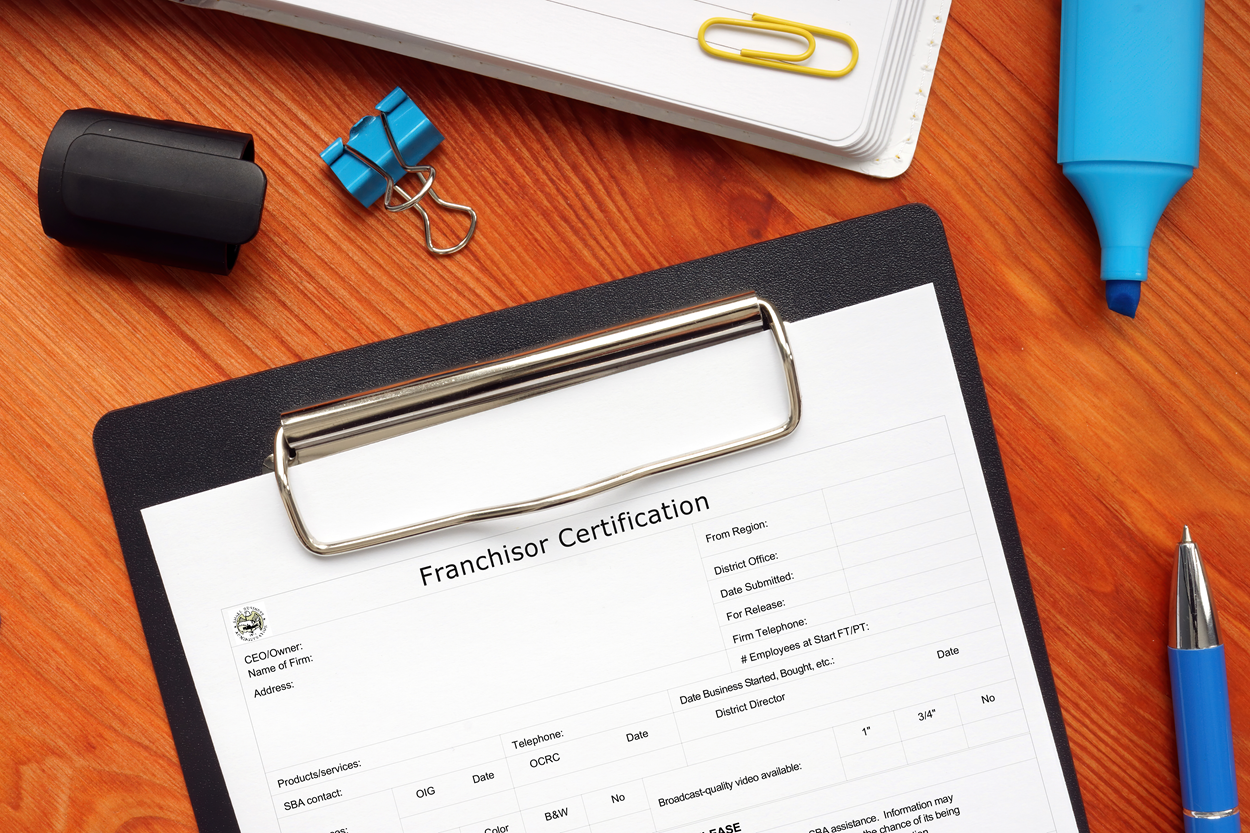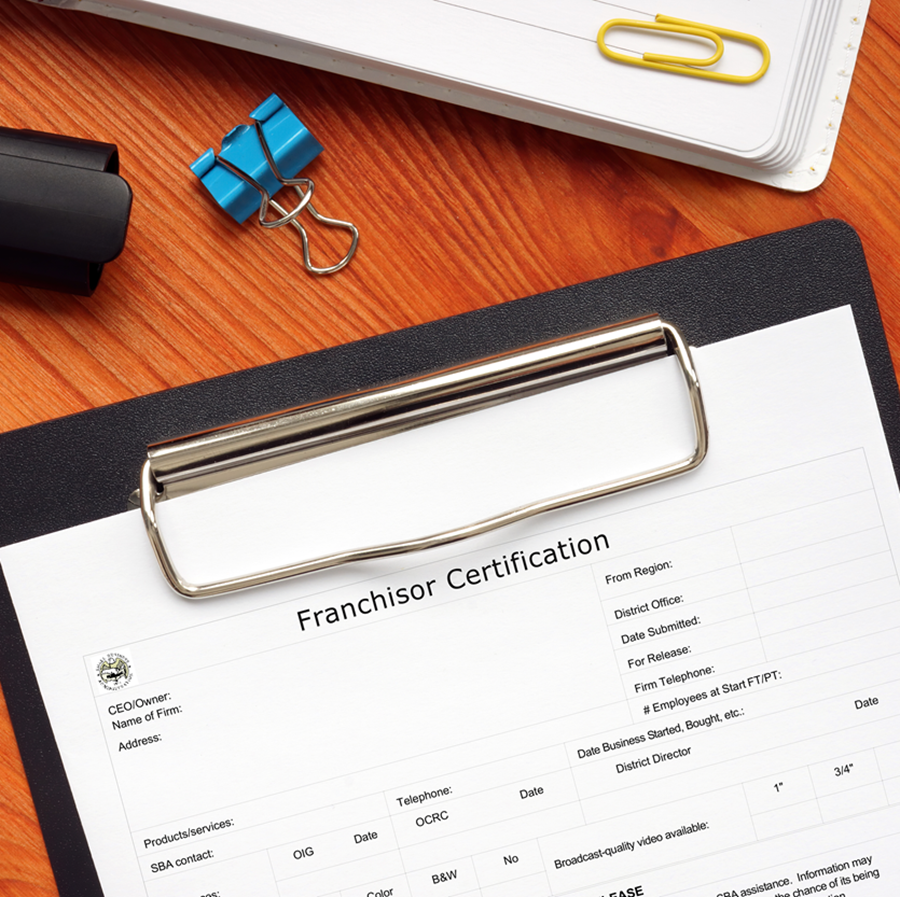In 2024, the master franchise model in France operates under a robust legal framework that outlines the rights, obligations, and relationships between the franchisor, the master franchisee, and the sub-franchisees.
This model allows the master franchisee to develop a network of franchisees within a designated territory, making it essential for all parties to comply with French commercial and business laws. Key legal considerations, including contract requirements, territorial exclusivity, tax obligations, and adherence to labor and competition laws, are crucial for the successful operation of a master franchise in France. Understanding the specifics of this legal framework is vital for anyone engaging in or managing a master franchise.
.
Franchise Contract and Pre-Contractual Disclosure
One of the most fundamental aspects of the legal framework for master franchising in France is the requirement for a formal franchise contract that clearly delineates the rights and responsibilities of both the franchisor and the master franchisee. Under the French Commercial Code, franchisors are legally required to provide a pre-contractual information document (Document d’Information Précontractuelle or DIP) to the master franchisee at least 20 days before signing the contract. This document ensures transparency and enables the master franchisee to make an informed decision about the agreement.
The DIP must contain critical information, including:
- Market conditions: An overview of the relevant market in which the franchise will operate, including consumer behavior, competition, and potential challenges.
- Development prospects: Insights into the expected growth opportunities and strategies within the defined territory.
- Financial obligations: A detailed outline of the costs associated with operating the franchise, such as initial fees, royalties, marketing contributions, and any additional charges.
The purpose of the DIP is to offer full disclosure and provide the master franchisee with the necessary context to evaluate the risks and benefits of entering into the franchise agreement. This level of transparency is a hallmark of French franchise law and is designed to prevent disputes or misunderstandings between the franchisor and the master franchisee.
Moreover, the franchise contract itself must be meticulously drafted to comply with French law. It should cover essential elements such as the scope of the master franchisee’s rights, territorial exclusivity, financial arrangements, performance obligations, and termination conditions. The contract may also include provisions for intellectual property rights, as the master franchisee is typically granted the right to use the franchisor’s trademarks, branding, and business systems.


Territorial Exclusivity and Performance Obligations
Another defining characteristic of the master franchise model in France is the granting of territorial exclusivity. The master franchisee is typically given the exclusive right to develop the franchise network within a specific geographic area. This means that the franchisor cannot open competing franchise locations or grant franchise rights to other parties within that territory, thereby protecting the master franchisee’s investment.
However, this exclusivity often comes with performance obligations. The master franchisee is required to meet certain development targets, such as opening a specified number of franchise outlets or recruiting a certain number of sub-franchisees within a defined timeframe. These targets are set in the franchise contract and are intended to ensure that the master franchisee actively works to expand the franchise network and maximize the brand’s presence in the territory.
Failure to meet these development targets can result in penalties, including the potential termination of the master franchise agreement. For example, if the master franchisee fails to open the required number of outlets by the agreed deadline, the franchisor may have the right to reclaim the exclusive territorial rights or impose financial penalties. Therefore, it is essential for the master franchisee to have a realistic and achievable development plan that aligns with the terms of the franchise agreement.
In addition to territorial exclusivity, the master franchisee may also have the right to sub-license franchise rights to sub-franchisees within the territory. This allows the master franchisee to delegate the operation of individual franchise units while retaining overall control of the network’s development.
Tax and Financial Management
The financial structure of a master franchise in France involves a complex network of transactions between the franchisor, the master franchisee, and the sub-franchisees. One of the most critical aspects of regulatory compliance in this context is adhering to the French tax framework. The master franchisee is responsible for managing the financial flows between the sub-franchisees and the franchisor, including the collection and payment of royalties, taxes, and other fees.
Royalties are typically calculated as a percentage of the sub-franchisees’ turnover and represent a significant recurring cost for the master franchisee. These royalties are paid to the franchisor in exchange for the right to operate under the franchisor’s brand and use its business model. In France, these payments are subject to Value Added Tax (VAT), which must be collected and remitted to the French tax authorities in accordance with local tax laws.
Additionally, the master franchisee must comply with corporate tax regulations. France has specific rules regarding the taxation of corporate profits, and the master franchisee must ensure that all income generated from franchise operations is properly reported and taxed. This includes managing the financial reporting requirements for the sub-franchisees and ensuring that all parties comply with their tax obligations.
Another potential challenge is double taxation. Since the franchisor and master franchisee are often based in different countries, income generated in France may be subject to taxation in both the home country of the franchisor and in France. To mitigate this, France has established double taxation treaties with many countries, which allow businesses to avoid being taxed twice on the same income. The master franchisee must work closely with tax advisors to navigate these treaties and ensure that their tax liabilities are minimized.
Moreover, the master franchisee must manage financial transactions related to import-export regulations if they are responsible for sourcing products from other countries. This involves ensuring compliance with customs duties, tariffs, and other trade-related taxes.


Compliance with French Competition and Labor Laws
As the operator of a network of sub-franchisees, the master franchisee is also responsible for ensuring that the franchise complies with French competition and labor laws. These laws are designed to promote fair business practices and protect workers’ rights, and failure to adhere to them can result in significant penalties.
Competition laws in France, like those in the European Union, are designed to prevent anti-competitive behavior, such as price-fixing, monopolistic practices, or market manipulation. The master franchisee must ensure that their business practices are in compliance with these regulations and that they are not engaging in any actions that could be deemed anti-competitive. This includes ensuring that sub-franchisees are operating independently and are not artificially inflating prices or restricting competition within the territory.
Labor laws are another critical area of compliance. France has some of the most comprehensive labor protections in Europe, covering areas such as minimum wage requirements, working hours, overtime pay, employee benefits, and workplace safety standards. The master franchisee, as the manager of the sub-franchisee network, must ensure that all employment practices comply with French labor laws. This includes drafting employment contracts that adhere to local standards, providing employees with the appropriate benefits, and ensuring that all workplace conditions meet health and safety regulations.
Additionally, the master franchisee must be aware of the rules regarding collective bargaining and employee unions, which play a significant role in labor relations in France. Employees in certain industries may have the right to form or join unions, and the master franchisee must respect these rights and engage in good-faith negotiations with employee representatives if necessary.




